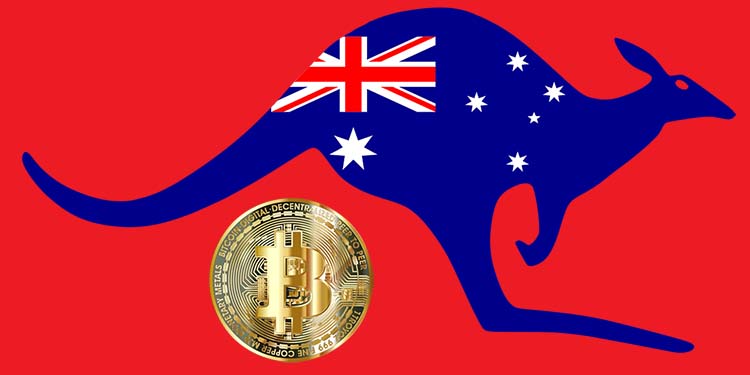 It looks like Australia is taking the middle path regarding cryptocurrencies. Instead of effectively banning the token trade — like China and India — the Aussies are creating a licensing framework for crypto exchanges. Officials at the country’s central bank are also considering the development of its own digital currency. The move makes sense since Australia has an A$650 billion-a-day payments industry.
It looks like Australia is taking the middle path regarding cryptocurrencies. Instead of effectively banning the token trade — like China and India — the Aussies are creating a licensing framework for crypto exchanges. Officials at the country’s central bank are also considering the development of its own digital currency. The move makes sense since Australia has an A$650 billion-a-day payments industry.
In addition to crypto regulations, online transaction providers — like Apple, Google, and Twitter’s Afterpay — will now be subject to more rules in Australia.
Why Did Australia Choose To Regulate Cryptocurrencies?
According to Australia’s Treasurer, Josh Frydenberg, the country would suffer by keeping its current system and allow Silicon Valley to determine “the future of [Australia’s] payment system.” He cautioned that “Australia must retain its sovereignty over our payment system.”
Plus, over the past few years, there’s been a crypto and non-cash payment explosion down under. According to government data, over half the country uses a phone to pay for things; this year alone, crypto transactions have increased by 63 percent!
The new rules won’t go into effect for a while. Regulators will start crafting a framework in early 2022, which could take time to draft, ratify, and implement.
Who Doesn’t Like Australia’s Decision?
Crypto enthusiasts with an aversion to any and all regulations aren’t thrilled with Australia’s announcement. Exchanges and wallet providers are also pessimistic about the new bureaucratic hoops through which they must jump.
Who Doesn’t Mind Australia’s Crypto Decision?
When asked, Jack Dorsey, the soon-to-be-former CEO of Twitter, didn’t blast the announcement. But he did say the final plan should take “into account consumer benefits from the innovation and competition Afterpay has brought to the market.”
Was his statement little more than a promotional sound-bite? Sure. But it also seems to signal that Twitter doesn’t seem too worried about added restrictions in the Antipodes.
At the time of this writing, Google and Apple have yet to comment. Their lack of concern also augurs a neutral stance.
Chloe White, an Australian crypto analyst who runs Genesis Block — a consultancy interested in paving a strategic and sustainable route for widespread crypto adoption — called the move “timely and sensible.” She also theorized that “there will be a lot of enthusiasm from industry participants to be involved in working through the details.”
What Does Australia’s Crypto Regulation Mean for the Global Blockchain Market?
Australia’s approach mirrors crypto regulatory activity in North America — i.e., lawmakers want to establish frameworks that accommodate crypto assets while simultaneously keeping a tight rein on the industry. The United Kingdom is also on the same path. So, the street expected Australia’s decision. However, after the new rules are published, exchanges and other blockchain platforms should consult with a crypto lawyer to ensure they remain compliant and don’t attract regulatory fines.
The Kelly Law Firm works with businesses and investors in the blockchain and crypto space. If you need an attorney with niche knowledge, let’s talk.





